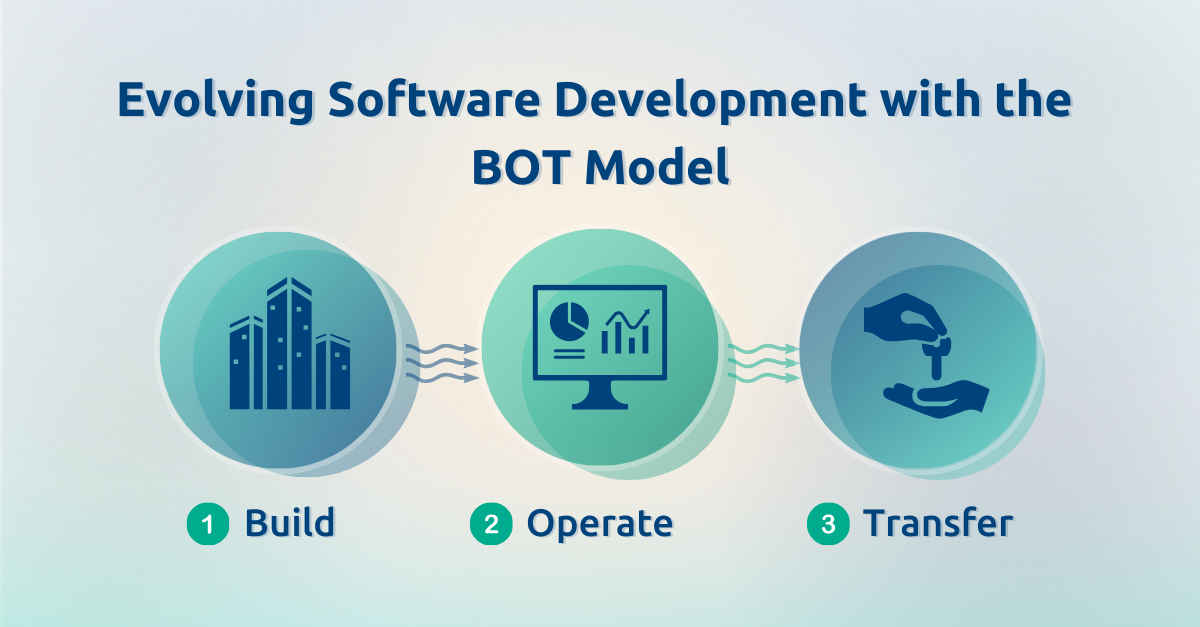
Top 8 Questions To Ask Software Outsourcing Providers When Assessing
September 8, 2022
Do you intend to grow your engineering staff? Does locating a trustworthy IT outsourcing partner sound like a good idea? You are not the only one – the global market size of the IT outsourcing industry reached 92.5 billion USD in 2019.
Choosing a top-notch service provider might get more difficult as the outsourcing sector grows in size, especially between Mexico and the US. As a result, it’s crucial to thoroughly vet any potential suppliers by asking the correct questions.
In order to determine whether software outsourcing businesses are a good fit for your needs, we’ve compiled some of the most crucial questions you should ask them. These inquiries will look at both operational and cultural factors that might influence how well your collaboration works.
Here are the key 8 questions to ask outsourcing providers:
1. Do they provide time-and-materials contracts or fixed-price contracts?
Although this is not a given, project outsourcing often has a fixed cost because you outsource the whole project per provider’s proposal. The time and materials approach makes sense for teams working together and continuously addressing changing demands.
Contrarily, single-sum contracts, known as fixed-price agreements, require a service provider to complete the project within the budget specified in the bond.
Some use the BOT Model (Build, Operate, Transfer). A BOT is a business model that entails a contractual arrangement in which a company employs a service provider to launch, develop, and manage a company. If healthcare companies want to outsource software processes connected to the production of a medical device to a much wider talent pool, a BOT model may be quite helpful.
2. Does the outsourcing model they employ work for me?
When analyzing the geography of outsourcing, there are three basic models to take into account:
Nearshoring: Nearshore outsourcing is a method for developing software products in which some or all of the work is given to remote teams located in close proximity and in the same time zone. This strategy combines lower costs, quicker travel times, and the extra advantages of proximity in terms of culture and location.
Offshoring: Nearshoring and offshore outsourcing are quite similar, with the distinction that an offshore staff is often based overseas. India, Ukraine, and other Latin American nations, including Mexico, Argentina, Colombia, and Brazil are common places for outsourcing.
Onshoring: Onshoring refers to “domestic” outsourcing. It entails moving your company’s software development to a non-metropolitan location.
Look for the top suppliers in the nations or regions where you have already decided to outsource your development.
3. Can they modify their offerings to suit my needs?
Particularly in today’s fiercely competitive and inventive industry, software project development frequently requires constant adjustment.
A good outsourcing partner will be adaptable, helpful, and willing to come up with a solution that will satisfy you, the customer. It is usually a positive indicator when potential partners demonstrate a desire to provide you with what you require, so long as your request is within their ability. Isn’t it the reason you’re out there looking for partners?
If the service provider’s internal procedures look overly inflexible and there isn’t much flexibility for rapidly implementing change, you should take that as a warning sign.
4. Have they already been involved in initiatives like this?
It is a good indicator if the service providers have created software or worked on projects comparable to yours. The downtime spent learning about the requirements of various sectors or technology can be avoided. Therefore, you should constantly inquire about their track record of successful partnerships with businesses much like yours.
You might ask the providers to offer you case studies or success stories, client recommendations, or references during the discovery sessions.
5. Are their software developers proficient in the technology stack you’re employing, and do they have the knowledge you need?
Search for particular areas where you require assistance, such as updating outdated software or creating mobile apps. Then, focus your search on businesses with the necessary industry experience.
6. What is the outsourcing company’s strategy for hiring engineers and ensuring their ongoing education?
How they’re adding new team members is a pertinent inquiry. What steps do they take, and is the procedure rigorous enough? Do applicants are in constant examination or enter bootcamps to demonstrate their coding prowess?
When compared to other industries, the IT industry has the fastest rate of innovation. Therefore, a team that keeps up with new technology and updated software will be able to create contemporary, sustainable products that have a long shelf life. They have a culture of continuous learning if they have training resources and learning opportunities available.
In order to address a talent gap in their team that has proven difficult to fill internally, the majority of businesses turn to outsourcing. Not only should your outsourcing partner be able to meet these demands, but they should also be able to meet any future needs you may have.
7. What are the safeguards for the collaboration’s success?
One aspect of the difficulty is creating excellent software. The other is to guarantee that you have system checks and backup strategies in place so that you can continue developing excellent software without being hindered.
Enabling information sharing between the two businesses is a smart place to start when it comes to assuring success. What channels of communication for commercial and technical inquiries are available?
More importantly, how are problems addressed and managed in the unlikely event that something goes wrong? Problem-solving procedures should be obvious.
8. What are the security and privacy policies of the service provider?
The security posture of a potential outsourcing provider is among the most crucial criteria. Does the service supplier hold ISO27001 security certifications, for example? Exist the required data protection policies?
You don’t want to end up breaking the law and having to deal with the repercussions as a result of your outsourcing partner making a mistake.
Since people naturally believe that security measures will be covered when we pay for a service, the majority of businesses don’t look into security measures in great detail. Nevertheless, if you didn’t require certain security precautions in advance, you can now find yourself at a crossroads.
Our area of expertise is offering customized technology solutions and IT staffing services in nearshoring from the US to Mexico. We would be pleased to assist if you need help creating the ideal nearshoring solution for your business or putting together a larger development or scrum team.
About ITJ
ITJ is devoted to serving fast-growing and high-value market sectors, particularly the Internet of Medical Things (IoMT), working with innovative medical device companies looking to improve people’s lives. With a unique BOT (build, operate, and transfer) model that sources only the best digital talent available, ITJ enables companies in the US to create technology centers of excellence in Mexico. For more information, visit www.itj.com.

